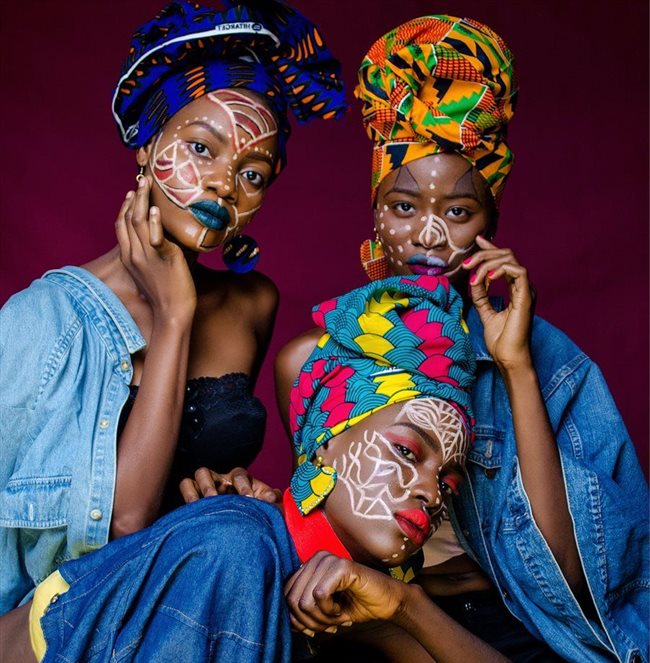






It is vital that content put out of Africans is as authentic as possible. These were the sentiments shared at a digital event hosted on Africa Day.
The idea was a collaboration between photography marketplace and stock footage platform Afristock and digital media company Afrikaren Media. They hit the world by storm as over 100 people registered for this insightful event: Changing the Face of Advertising in Africa.
Not only is it important for citizens to be informed, but education is key to understanding the complexities that have been formed around Africa’s identities. As a result, one of the main partners of the event was UNICAF who sponsored 75% worth of scholarships to all those who registered for the event.
This marked the rise of a new era in African photography as African nationals, media and advertising houses, business, and creatives from all parts of the world as they joined in a World-changing event, that not only empowered African creatives but also changed the African narrative for generations to come. “If I open a door, I hope to leave it open for the next person”, says Afristock founder and event sponsor Tony Mautsu.
Authentic African photographs
The event covered a wide variety of issues regarding the accessibility to African stock footage and the lack of positive representation of authentic African photographs in advertising. Promoting an “authentic Africa” was the recurring theme mentioned by the speakers. Advertiser and brand strategist Mashokane Ramusetheli tackled this discussion with ease as she emphasised, “What is authentic today may not be authentic tomorrow, but the representation has to remain authentic”.
Founder and CEO of BmDodo strategic designer company Brian M. Dodo based in Canada, critically contributed to the event. “There is a lot of stock footage taken in Africa by Africans. But what is missing is the actual story or narrative that we are trying to push,” he says. There has always been a problem with who owns the stock footage platforms to push the right narrative and this has contributed to the underrepresentation of Africans.
Discussions regarding how Africa can promote platforms for African creatives to ensure the fair representation of images were well raised and addressed by Forbes Africa art director and layout artist Lucy Nkosi who advised that “Photographers should put their images on stock footage platforms, rather than social media, so that it is more profitable”.
Photographer and founder of Africa’s largest photo community, Eti-Inyene Godwin Akpan who was at the fore front of the ENDSARS protests in Nigeria, added to the team of experts as he highlighted the importance for photographers to know the worth of their images and the companies wanting stock footages. “Know the worth of your images and your bank account will be smiling”, says Eti-Inyene Godwin Akpan.
With insight and expert advice from an advertising, media and photography perspective, the event provided solutions and future ideas on how best creative can change the face and representation of Africa through the power of a lens.
“As our very first even hosted on Africa day, the turn out and engagement proved that Africans are interested on wanting to shape their narrative and contribute to a positive africa. There is power in our stories and we need to tell them loud and proud,” says Karen Mwendera, founder of Afrikaren Media.